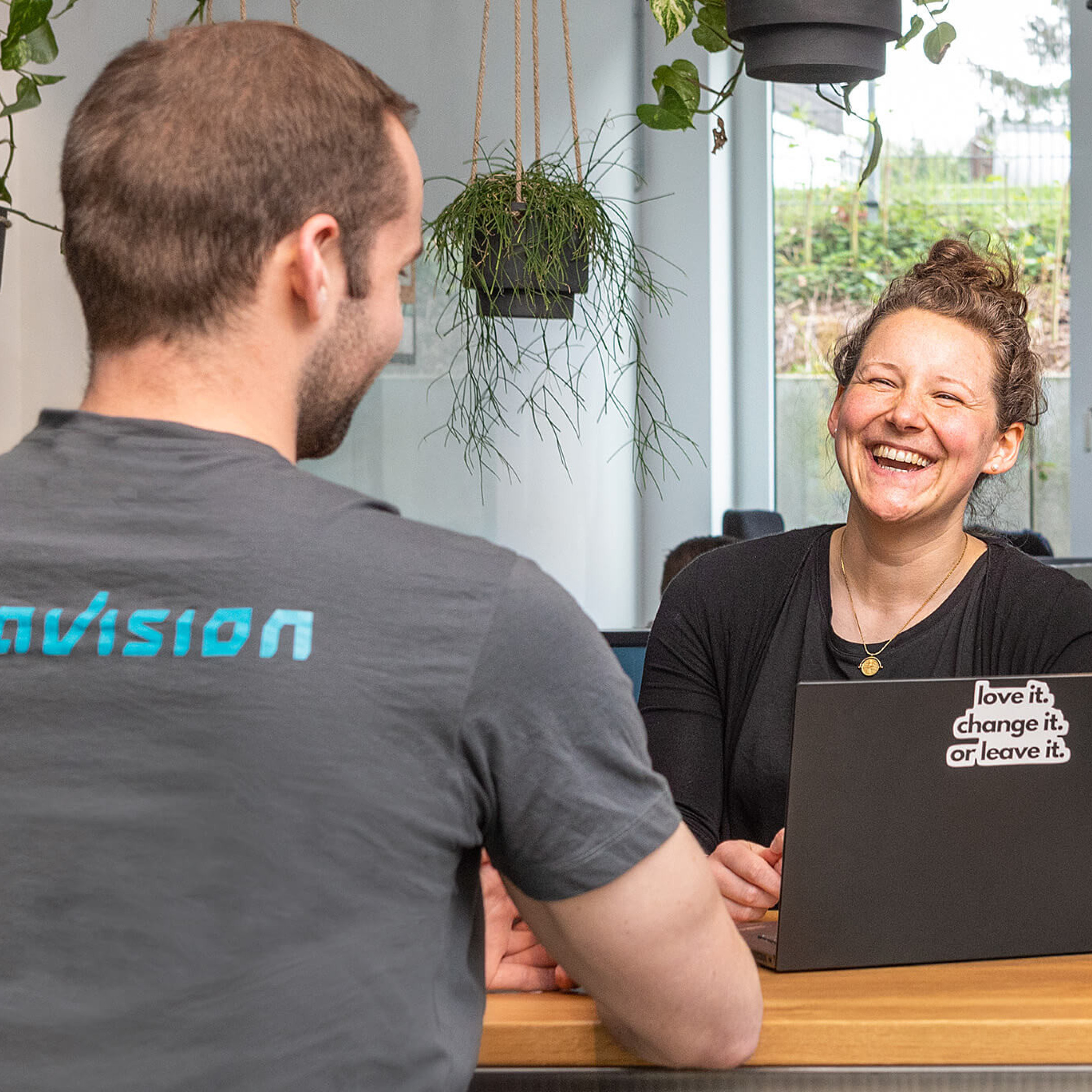Voltavision supports research work with second-life testVoltavision supports research work with second-life test
Since 2020, Tobias Scholz has been working at the Institute for Electromobility at Bochum University of Applied Sciences together with the Chair of Electromobility and Energy Storage Systems at the University of Wuppertal on his dissertation on the topic of “Characterization, modelling and condition estimation of traction batteries”. The aim of his work is to develop a method to determine the exact life cycle of used batteries in more detail and thus be able to make reliable statements about the state of health (SoH) of traction batteries. The work is being supervised by Prof. Dr.-Ing. Friedbert Pautzke from the Institute of Electromobility and Prof. Dr.-Ing. Benedikt Schmülling from the Chair of Electromobility and Energy Storage Systems.
This is a topic that many research institutes and companies are currently working on. With the increasing number of used e-vehicles, the question of the state of health (SoH) of traction batteries is becoming more and more urgent for insurance companies, fleet operators and resellers. After all, this is a decisive factor in determining the market value of the vehicle and the fate of the individual traction batteries: “second life” or “recycling”?
As part of his dissertation, Tobias Scholz has developed a method that precisely analyzes the battery in the vehicle in terms of its performance and service life and detects changes in behavior such as systematic errors (e.g. incorrect cooling). “I use various battery parameters for this: the internal resistance - especially at different ambient temperatures - the capacity and the idle characteristic voltage curve,” explains Tobias Scholz, who already installed a data logger in a Peugeot iOn in 2020 to generate the necessary measurement data. The data logger records the vehicle communication via the ODB2 interface and the CAN bus.
The result is a precise statement about the state of health of the battery and how exactly it performs. Scholz's measurement data and analysis results were confirmed in Voltavision's test laboratory: After around twelve years and 42,000 km of driving as well as numerous data collections and analyses, the removed traction battery was handed over to Voltavision's high-voltage test laboratory. Over eight test days, the Voltavision engineers, who normally only coordinate start-of-life tests, carried out numerous measurements on the Peugeot battery. “The project was an exciting challenge for us, as we naturally had to work out in advance exactly which tests we could expect a battery with 42,000 km of mileage to undergo,” says Manuel Prill from Voltavision. “We are delighted that everything worked out and that we can confirm that Tobias Scholz's method for calculating the performance is entirely appropriate.”
Wer mehr über die Untersuchungen von Tobias Scholz im Rahmen seiner Dissertation erfahren möchten, kann sich gerne über LinkedIn mit ihm vernetzen oder ihm direkt eine Email schreiben an tobias.scholz@hs-bochum.de.
If you would like to find out more about Tobias Scholz's research as part of his dissertation, you are welcome to connect with him via LinkedIn Tobias Scholz or send him an email directly to tobias.scholz@hs-bochum.de.





